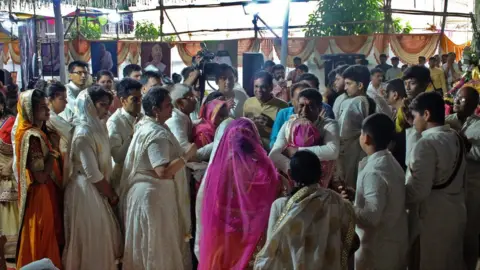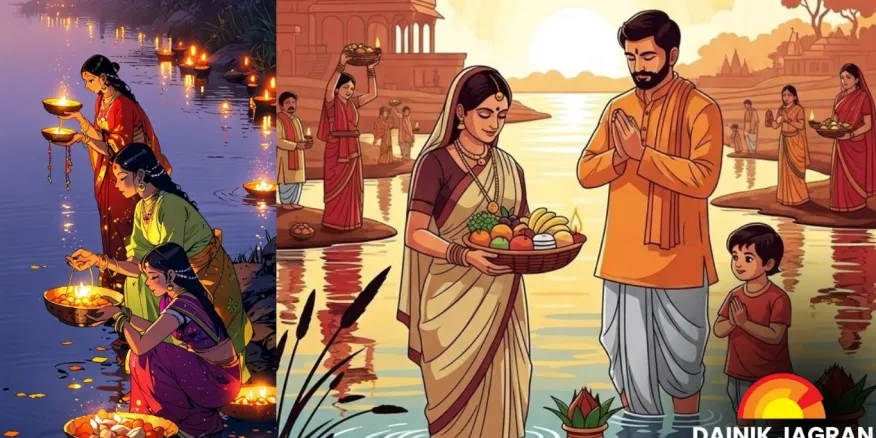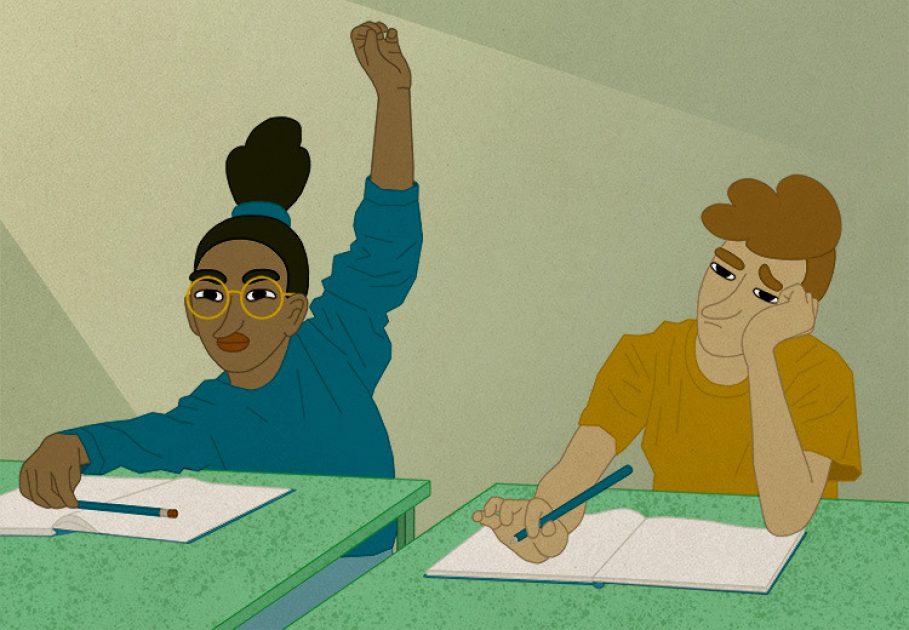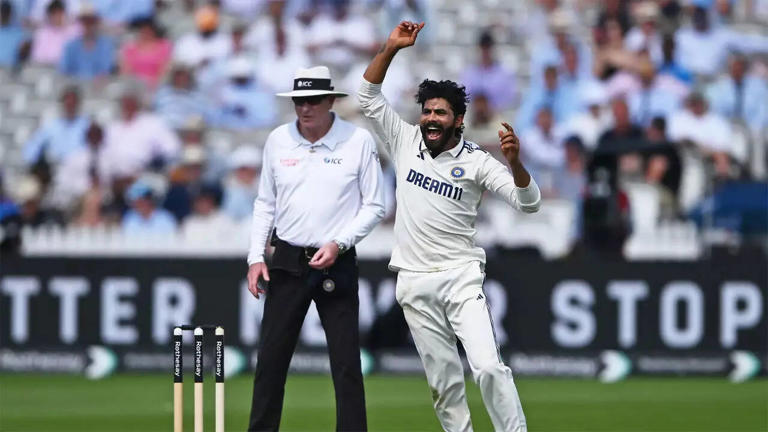Now Reading: Why More Indian Youth Are Drifting Away from Traditions
-
01
Why More Indian Youth Are Drifting Away from Traditions
Why More Indian Youth Are Drifting Away from Traditions

In many Indian households, the weight of tradition is still heavy—rituals, festivals, food, and family roles passed down for generations. But a growing number of young Indians today find themselves out of sync with these customs. It’s not always rebellion. Often, it’s confusion, disinterest, or simply a gap between how they live now and the world their parents knew.
Traditions Without Context
One big reason for the disconnect is that many traditions are followed without explanation. When young people are asked to perform rituals or follow certain rules without knowing the “why” behind them, it feels forced. What might hold deep meaning for older generations becomes just an obligation for the younger ones.
In Tier 2 cities like Bhopal, Nagpur, or Surat, this is even more visible. Families are rooted in culture, but young adults are exposed to modern ideas through education, digital content, and global work culture. The gap between exposure and expectation keeps widening.
Modern Lives, Old Frameworks
Life today moves faster. Young people juggle jobs, side hustles, mental health pressures, and ambitions that often demand breaking away from traditional roles. Gender expectations, family hierarchy, even food choices—these all come under pressure when a young adult tries to live on their terms.
It’s not that traditions are rejected outright—it’s that they often don’t align with the pace and structure of modern life.
Cultural Identity or Burden?
For many youth, especially those living in smaller cities, tradition can feel more like a burden than a celebration. Choosing not to fast during Navratri, questioning marriage customs, or opting out of certain festivals can quickly invite judgment. And when questioning leads to criticism instead of dialogue, disconnection deepens.
This often pushes youth into silence or complete withdrawal from cultural practices.
Is Social Media a Bridge or a Barrier?
Interestingly, some cultural traditions are now being rediscovered through Instagram reels and YouTube vlogs. A forgotten folk song or a traditional recipe can suddenly go viral. But this digital version of culture is curated—it may spark interest, but doesn’t always encourage deeper understanding or consistent practice.
Social media might repackage tradition in a more palatable way, but it rarely answers the deeper questions of relevance or meaning.
Moving Forward, Not Backward
The solution isn’t to enforce tradition or abandon it completely. It’s to make room for questions. To explain, adapt, and evolve customs in a way that resonates with the lives young people actually lead. If tradition is about connection—whether to roots, people, or values—then that connection needs to be mutual, not one-sided.
Conclusion
Indian youth aren’t rejecting tradition out of disrespect. They’re navigating a world where old and new constantly clash. If traditions are to survive meaningfully, they need to evolve—not just in practice, but in purpose. It’s not about holding on to the past. It’s about making space for the future within it.

























